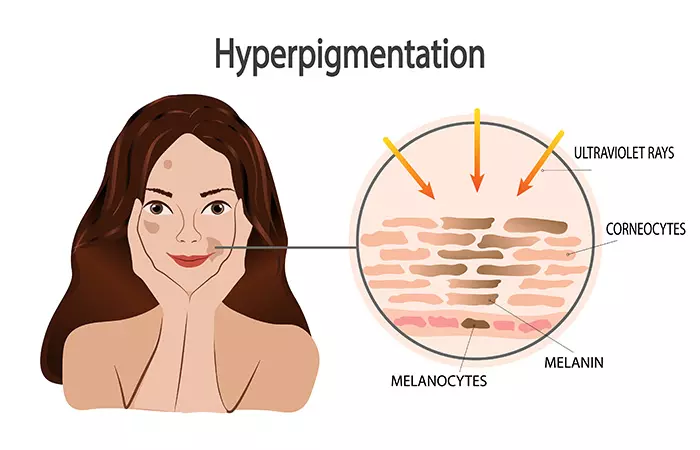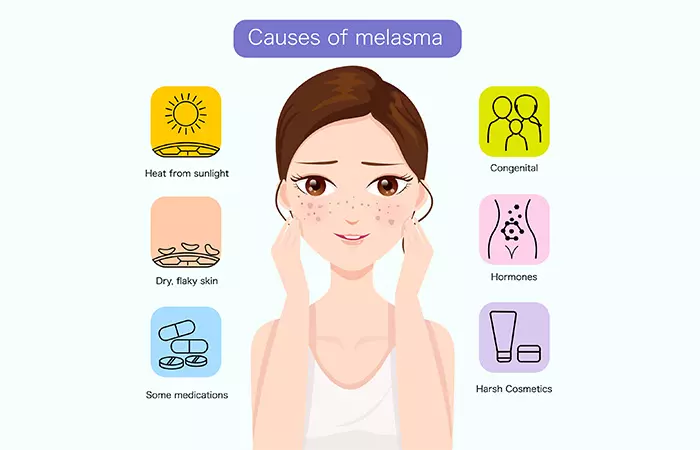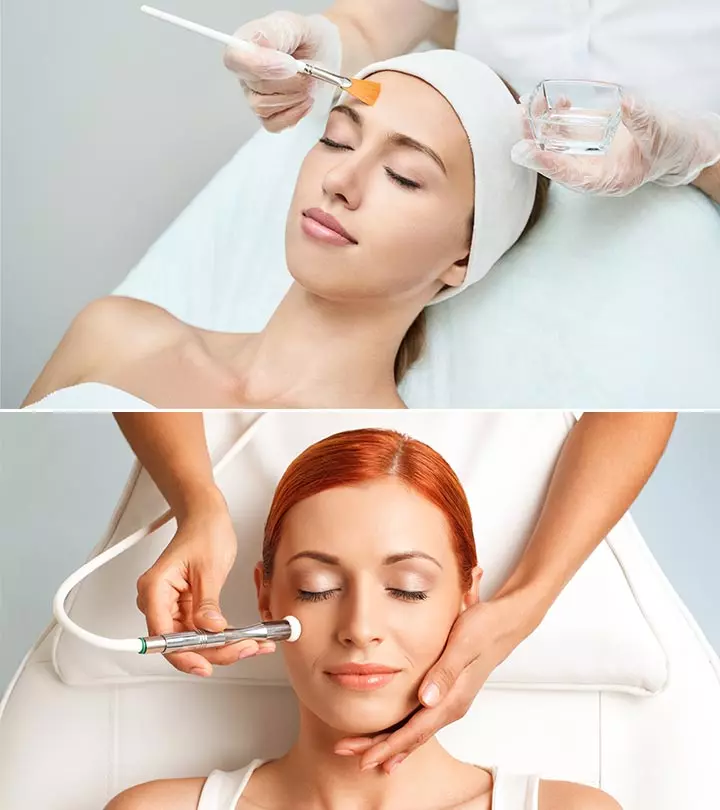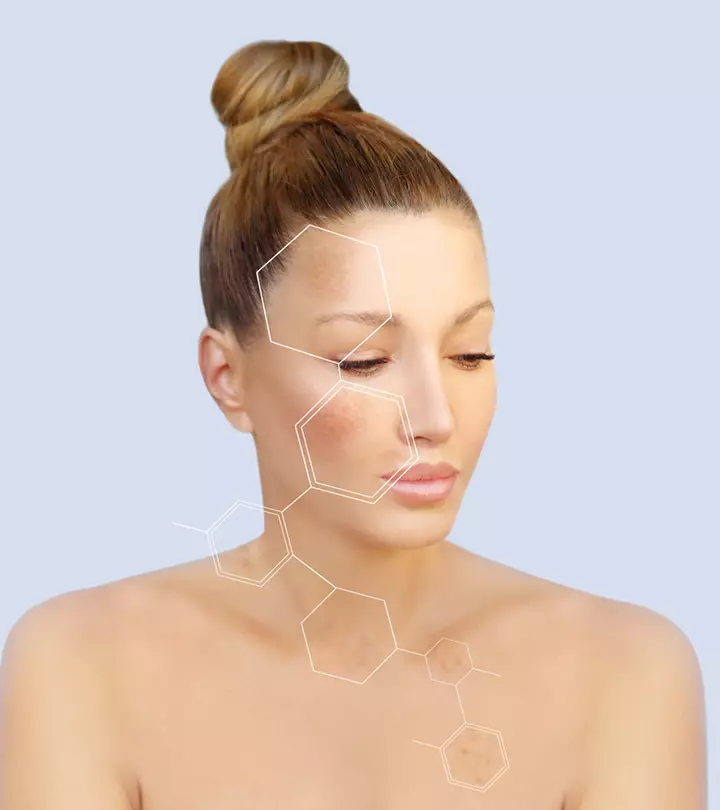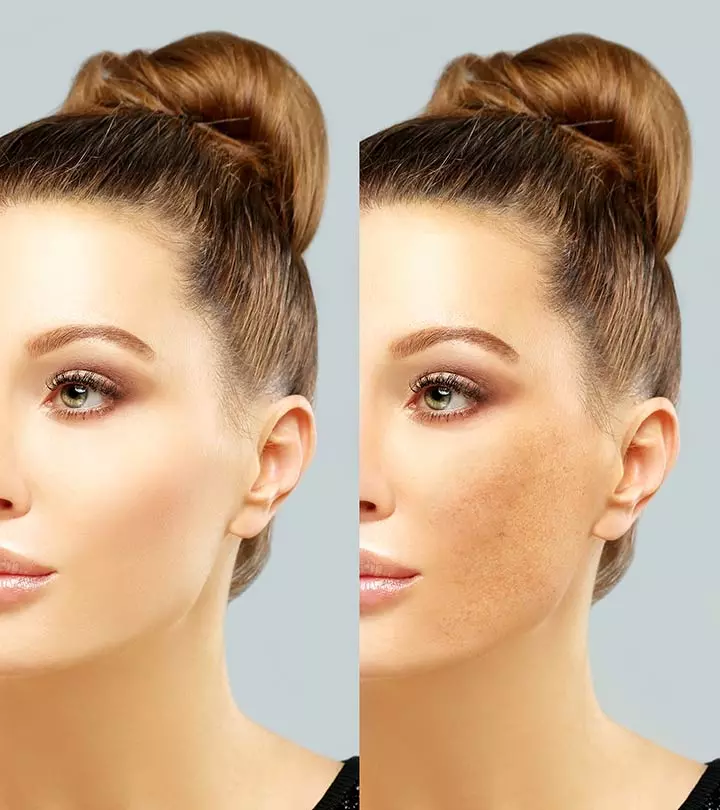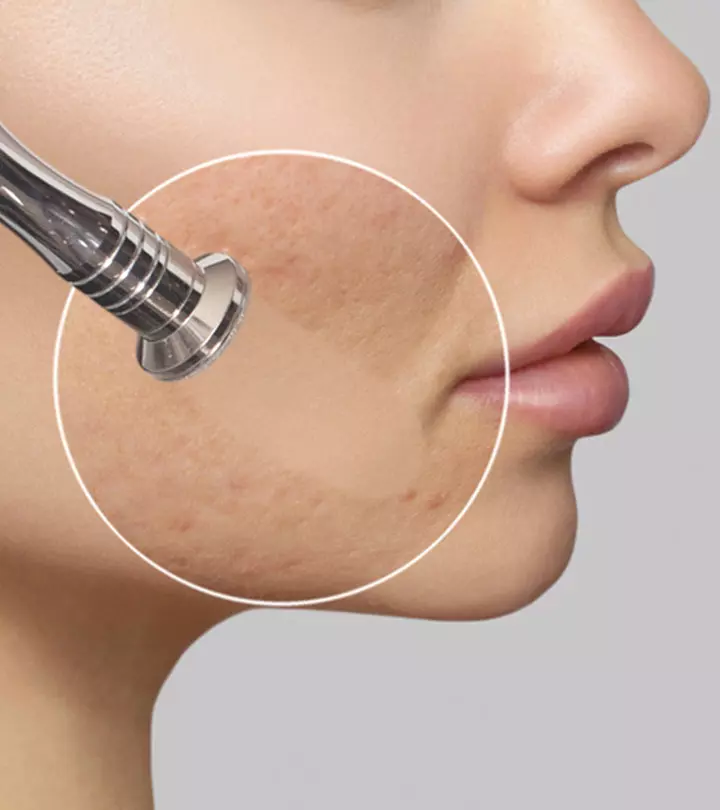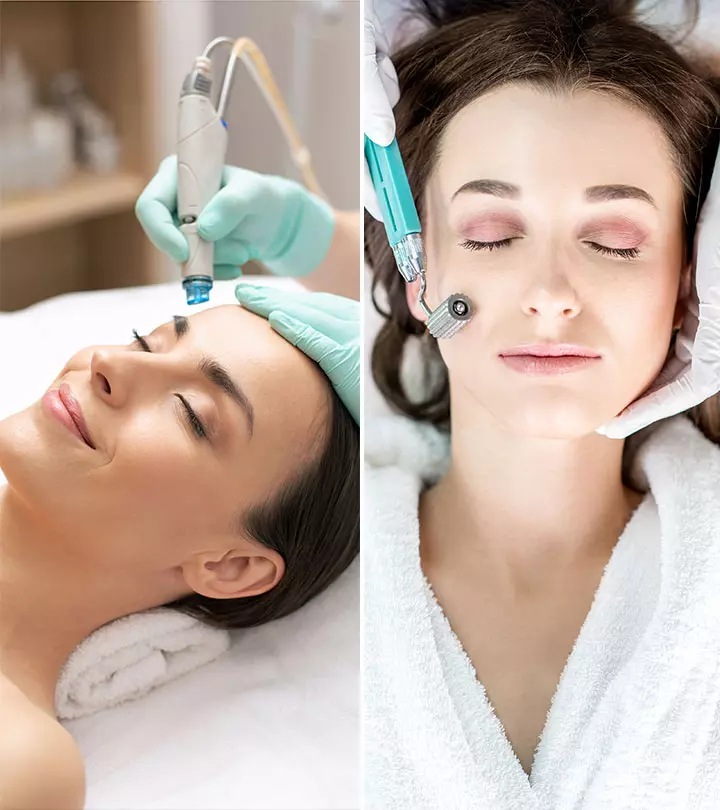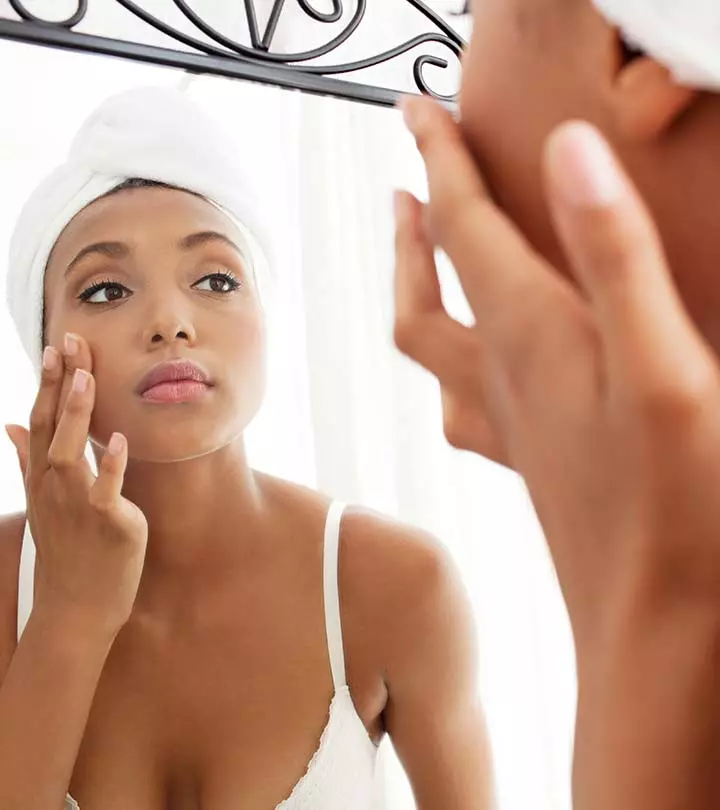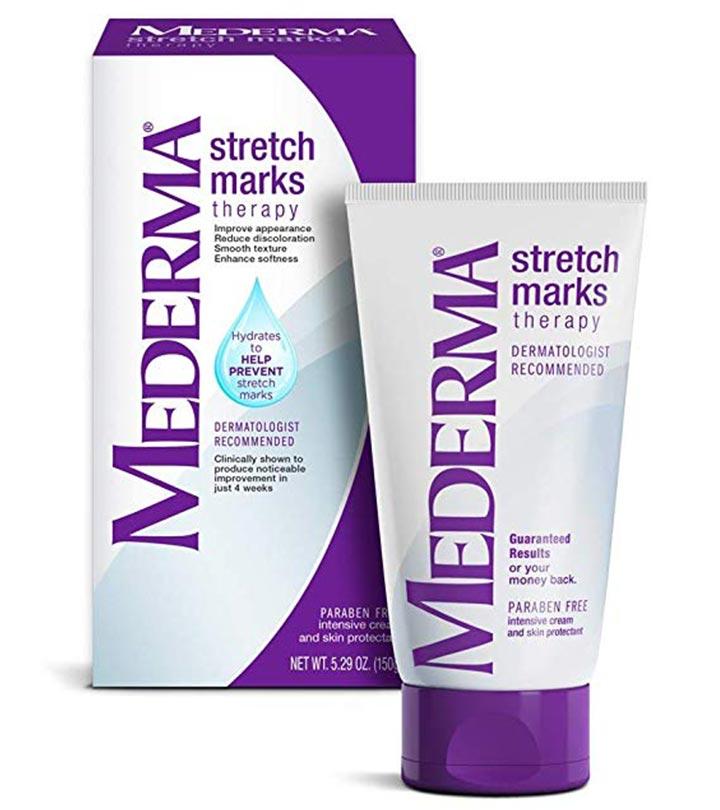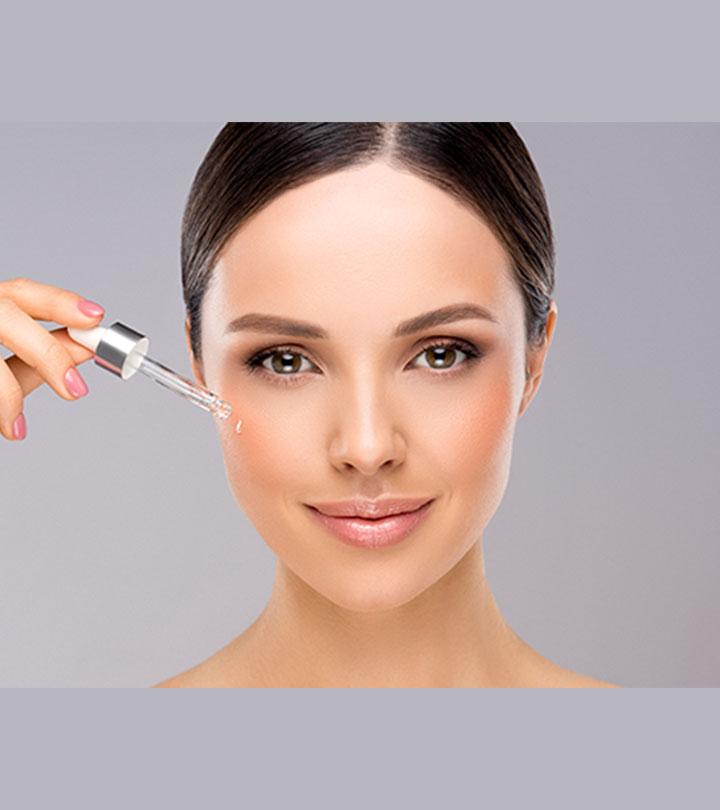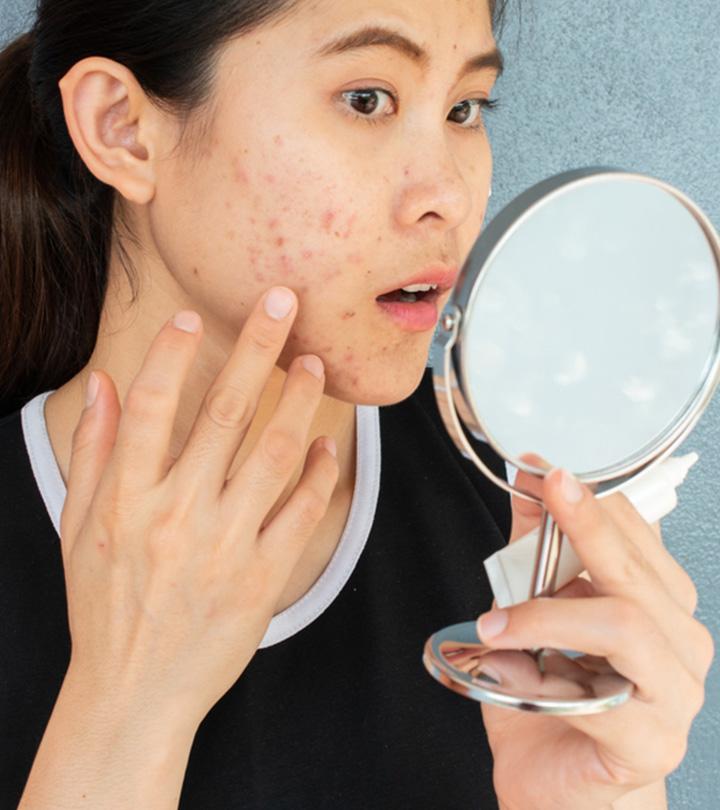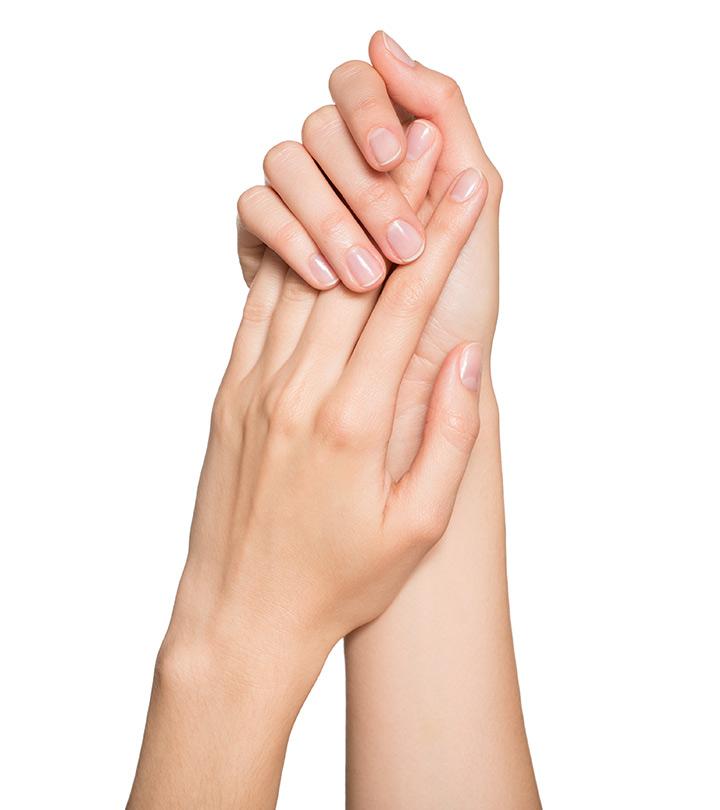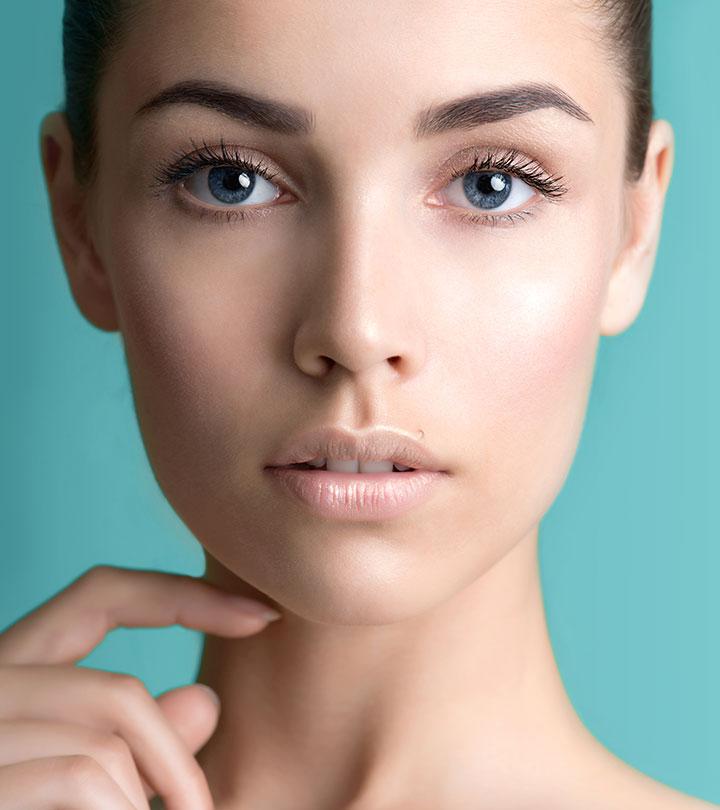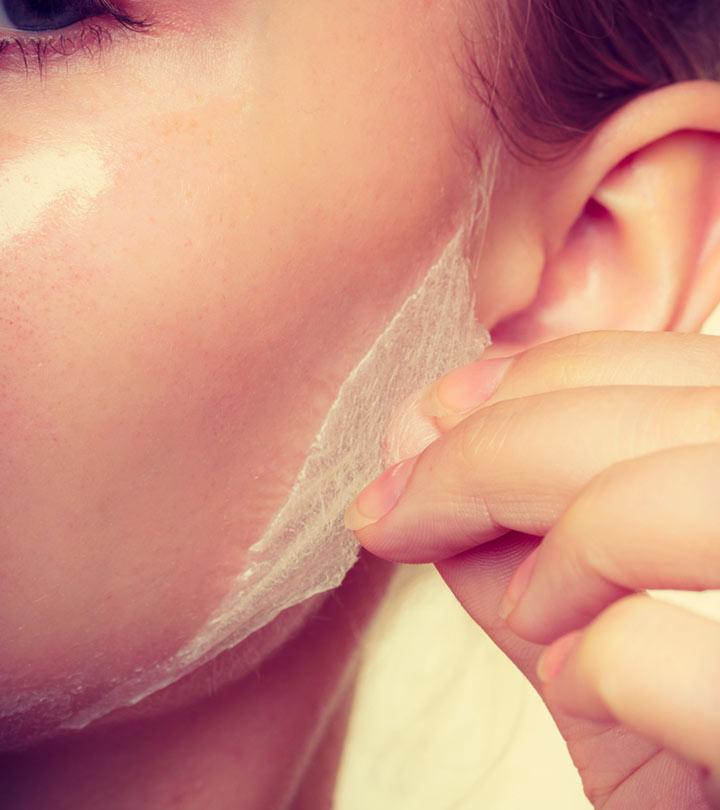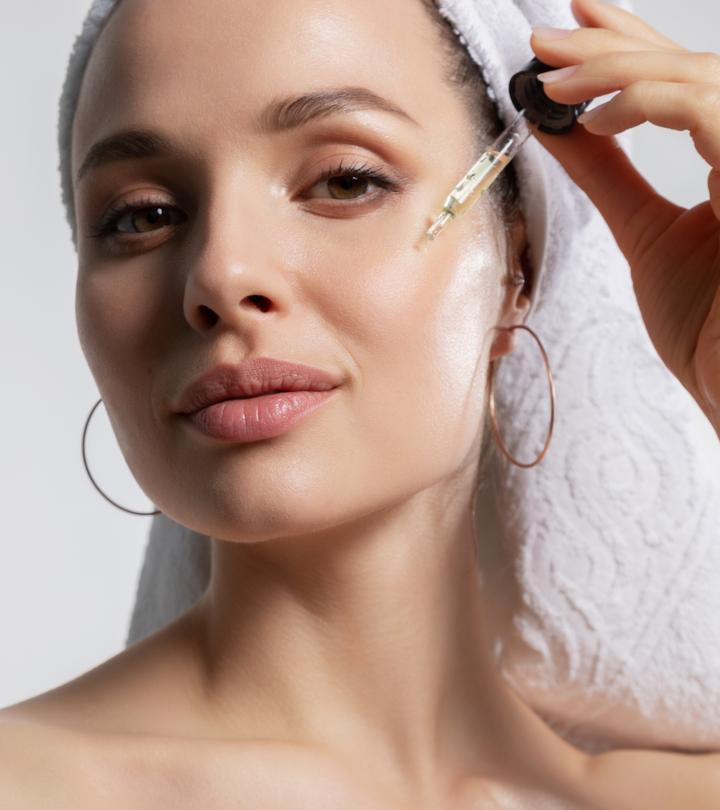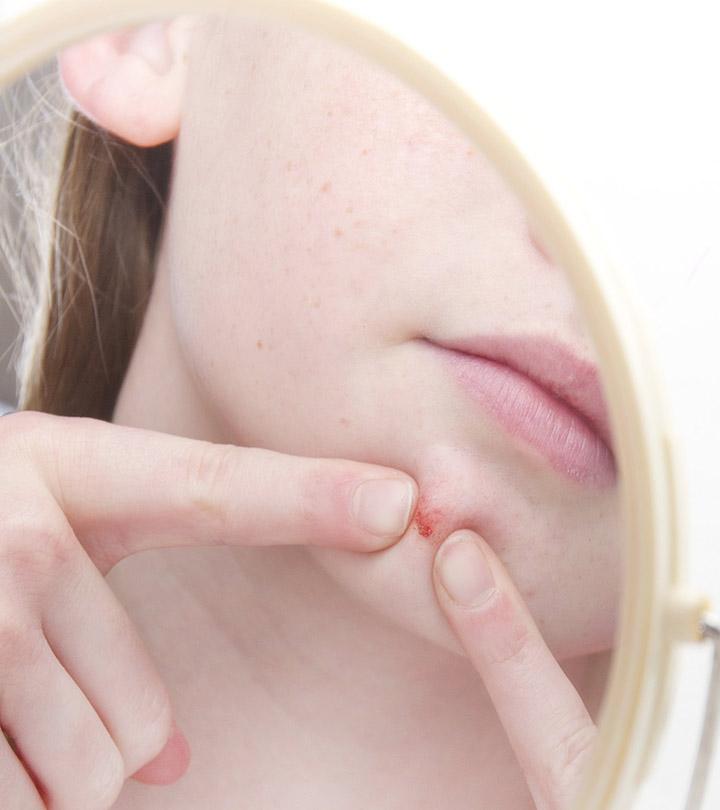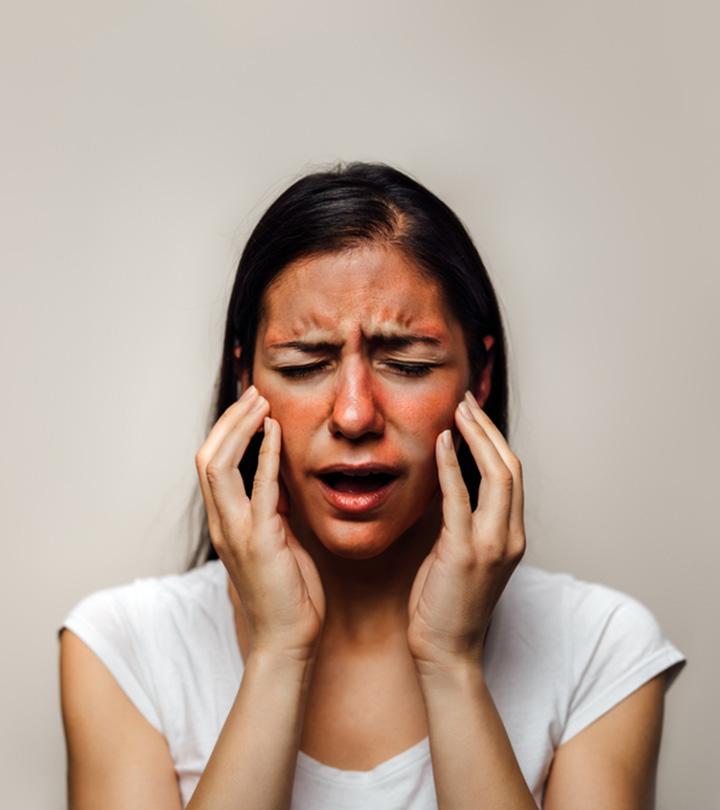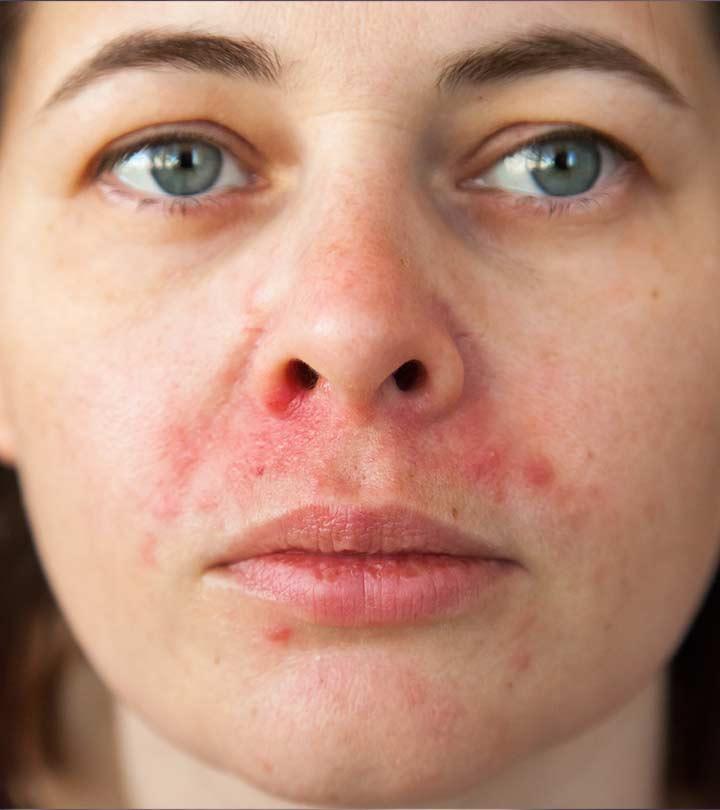Melasma Vs. Hyperpigmentation: The Key Differences Between Them
Discover the nuances between these skin discoloration issues to effectively manage them.
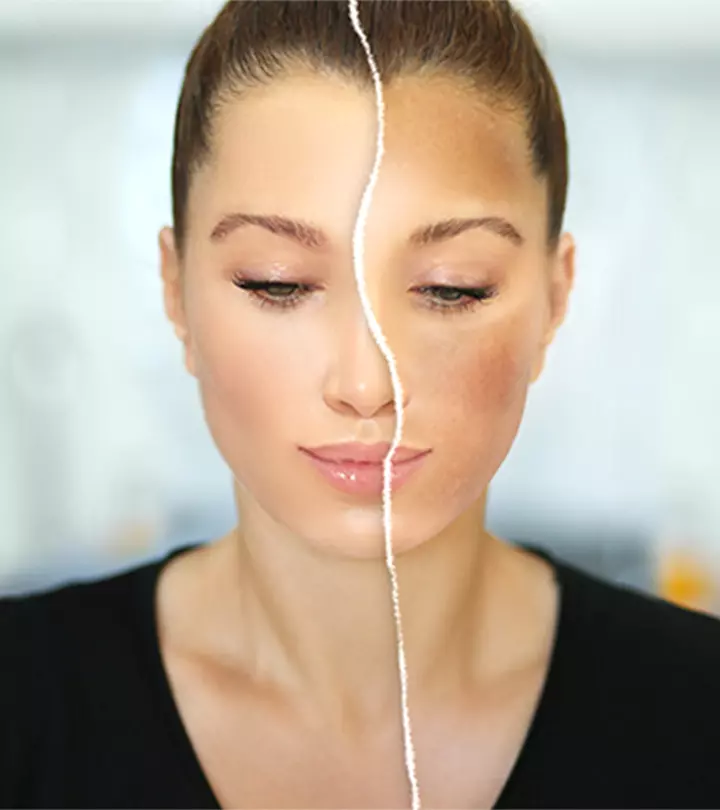
Image: Shutterstock
Melasma vs. hyperpigmentation – what is the difference? Although the terms melasma and hyperpigmentation are frequently used interchangeably, there is a distinction between the two. Hyperpigmentation is a general term for disorders that cause skin discoloration, including melasma. On the other hand, melasma is distinct from other types of hyperpigmentation. This article discusses the differences between them and some treatment options and prevention tips. Keep reading!
In This Article
Hyperpigmentation Vs. Melasma: The Differences
Hyperpigmentation
Hyperpigmentation is a blanket term used to describe skin conditions that cause discoloration. It may include conditions like freckles, liver spots, and melasma. Hyperpigmentation is caused by various factors that may include:
- Vitamin deficiencies
- UV damage
- Malignancy
- Scarring
- Side effects of medications
Sun exposure and UV damage are the most common reasons for hyperpigmentation. However, many other conditions may also cause dark patches and spots on the skin. Therefore, it is best to consult a doctor for accurate diagnosis and an appropriate management plan.
Treatments
Your dermatologist may suggest first line management with topical creams with depigmenting agents, such as hydroquinone, alpha-hydroxy acids, licorice extract, and retinoids. These creams can be effective alone or in combination with other agents. Your dermatologist may also suggest procedures like chemical peels and laser therapy, depending on the severity of your condition.
If you want, you may try a DIY remedy and follow prevention tips.
Note: These home remedies are believed to help with pigmentation issues. However, there is a lack of substantial medical evidence to support their use.
DIY Home Remedy
1. ACV And Aloe Vera
Apple cider vinegar contains acetic acid that may decrease melanin content and act as an exfoliant (1). Aloe vera contains aloin, a natural depigmenting agent (2).
How To Use
- Mix equal parts of apple cider vinegar and water.
- Apply it to the dark patches and leave it on for two to three minutes.
- Rinse with lukewarm water.
- Repeat twice daily.
- Apply pure aloe vera gel to pigmented areas before bedtime.
- Wash off the next morning.
- Repeat once daily.
Prevention Tips
- Consult a dermatologist to identify the underlying reasons for hyperpigmentation and follow the prescribed treatment.
- Wear sunscreen and sun protection accessories (hats, scarves, etc.) to protect your skin from UV rays.
- Follow a regular skin care regimen to keep your skin healthy and avoid sun damage.
 Quick Tip
Quick TipMelasma
Melasma is a type of hyperpigmentation characterized by dark patches on the skin. It is contributed by hormonal changes in the body and commonly noticed in pregnant women. Other than hormonal changes, factors that may worsen melasma include:
- UV exposure
- Dry skin
Melasma is commonly noticed on the face, specifically on the cheeks, nose, upper lip, and other cranial areas. It also affects exposed areas on the body, like the shoulders. It is a harmless condition.
The next sections explain treatment, home remedies, and preventions tips to minimize its appearance.
Treatments
Most dermatologists recommend a combination of treatments, including sunblocks, vitamins, and topical brightening agents like hydroquinone. However, the treatment mostly depends on the skin type and tolerance levels as the skin may react differently to the creams due to many factors, including hormonal changes.
DIY Home Remedy
1. Aloe Vera
A study involving pregnant women found that topical aloe vera preparation could reduce melasma (4).
How To Use
- Apply pure aloe vera gel to the affected areas before bedtime.
- Wash off the next morning.
- Repeat once daily.
Prevention Tips
- Do not use any topical products without consulting the dermatologist.
- Wear sunscreen and cover your skin while going out.
- Follow a regular skin care regimen.
 Quick Tip
Quick TipHere is a brief overview of the two conditions:
| Hyperpigmentation | Melasma |
|---|---|
| A blanket term for all issues that cause skin discoloration. | A type of hyperpigmentation. |
| Mostly caused by UV exposure. However, there could be underlying reasons. | Caused by hormonal changes or fluctuations. |
| May affect all body parts like the chest, shoulders, face, and back. | Mainly affects the face and may appear on the shoulders. |
If you have any forms of hyperpigmentation, consult a dermatologist before trying any topical treatments.
When To See A Dermatologist
If you do not notice any improvement in your condition after two weeks, consult a dermatologist to determine the underlying cause of hyperpigmentation. Follow the prescribed treatment and preventive measures to care for your skin.
Key Takeaways
- Hyperpigmentation refers to a variety of skin discolorations, including melasma.
- Melasma mainly occurs due to hormonal changes and affects the face.
- A dermatologist can identify the specific skin condition and recommend the appropriate treatment.
Watch the following informative video to learn the differences between hyperpigmentation and melasma. Uncover the causes, traits, and treatment options for these common skin concerns that help you make an informed decision.
Hyperpigmentation is a general term used to describe different types of skin discoloration including melasma. Factors such as vitamin deficiencies, UV damage, and medications may cause one to develop hyperpigmentation. You can opt for natural remedies using organic ingredients such as apple cider vinegar and aloe vera to reduce melasma or any type of hyperpigmentation. If home remedies show no improvement, you can consult your dermatologist for medical treatments. They may recommend treatments such as topical creams or laser therapy for the management of hyperpigmentation. We hope this article cleared up the confusion about melasma vs. hyperpigmentation.
Frequently Asked Questions
Does melasma go away?
Yes, the doctor will prescribe you medications with ingredients agents like hydroquinone or tranexamic acid that may fade the melasma patches over time.
Can hyperpigmentation be permanent?
Yes, hyperpigmentation marks may be permanent. However, a few treatments can fade their appearance over time.
Does vitamin C help with hyperpigmentation?
Yes, vitamin C is a natural skin brightening agent that can help fade hyperpigmentation over time (5).
Does hyperpigmentation get darker before it fades?
Yes, active treatments can increase cell pullover which allows the pigmented cells to come to the surface and eventually shed.
References
Articles on StyleCraze are backed by verified information from peer-reviewed and academic research papers, reputed organizations, research institutions, and medical associations to ensure accuracy and relevance. Read our editorial policy to learn more.
- Contemporary Pursuits of Vinegar from Scullery to Dermatology
https://www.researchgate.net/publication/343772765_Contemporary_pursuits_of_vinegar_from_scullery_to_dermatology - On the Novel Action of Melanolysis by a Leaf Extract of Aloe Vera and Its Active Ingredient Aloin, Potent Skin Depigmenting Agents
https://www.thieme-connect.com/products/ejournals/abstract/10.1055/s-0031-1298406 - Dermatology: How to Manage Acne vulgaris
https://www.ncbi.nlm.nih.gov/pmc/articles/PMC8510514/ - Clinical Efficacy of Liposome-Encapsulated Aloe Vera on Melasma Treatment During Pregnancy
https://pubmed.ncbi.nlm.nih.gov/28139161/ - The Roles of Vitamin C in Skin Health
https://www.ncbi.nlm.nih.gov/pmc/articles/PMC5579659/
Read full bio of Dr. Priya Gill
Read full bio of Ramona Sinha
Read full bio of Swathi E





